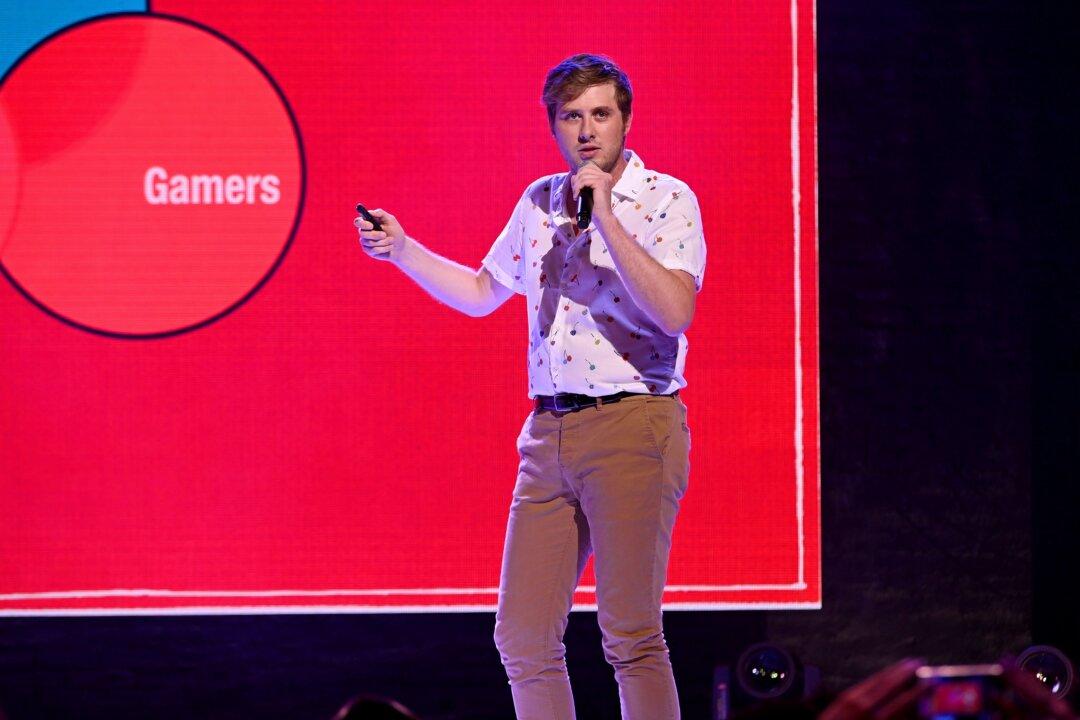BuzzFeed published articles that included plagiarized material and quotes that weren’t attributed correctly, its new editor-in-chief said.
The website, best known for soft content, has in recent years tried ramping up its news division.


BuzzFeed published articles that included plagiarized material and quotes that weren’t attributed correctly, its new editor-in-chief said.
The website, best known for soft content, has in recent years tried ramping up its news division.